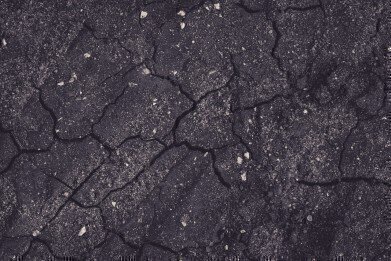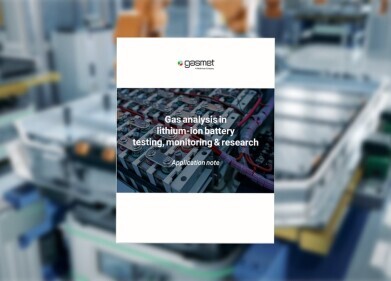Health & Safety
Introducing Environmentally-Friendly Asphalt!
Jun 24 2015
With an increasing preoccupation about the damage we are wreaking on our environment, a heavy emphasis has been placed upon the vast system of road networks which criss-cross the United Kingdom and the world as a whole.
However, such a focus normally concentrates on improving air quality and reducing transport-related pollution, particularly that generated by the combustion of traditional crude-oil fuels. The roads themselves are often neglected as generators of waste or ecological factors. Yet, a recent study conducted by the Asphalt Industry Alliance (AIA) concluded that it would cost more than £12 billion to restore the roadways in England alone to a decent condition.
As such, traditional methods of paving our roads are clearly not environmentally or economically viable. What can be done?
The Drawbacks of Asphalt
Generally, a roadway is formed by pouring asphalt (derived from bitumen, which is created in the crude oil distillation process) over a mixture of crushed sand and stone. Once the asphalt hardens, it acts as an adhesive, binding the road together and making it safe for vehicles to drive upon.
However, the materials used in the process are neither environmentally friendly nor significantly durable. The concrete quality is compromised by using poor crude oil substances, which crack or form potholes over time. According to Simon Hesp, an engineer at Queen’s University in Ontario, Canada, “The problem with the composition is that it’s poorly controlled … it uses materials with poor performances.” As well as being an economic liability, asphalt also places demands on the fossil fuel industry, itself under attack for adverse effects on the environment.
So if traditional asphalt is not a long-term solution, what is?
The Alternatives
Research at Washington State University has suggested cooking oil as a potential replacement for crude oil. Their investigations show that the use of such a material may strengthen the roadways and make them less susceptible to cracks or splinters.
Meanwhile, Australian scientists are experimenting with combining printer tone ink with oil to create a more eco-friendly alternative that will also last longer. Nicknamed TonerPave, the substance was used in Melbourne back in 2013 and is being trialled in the country’s biggest city, Sydney. It is allegedly 40% more energy-efficient than standard bitumen and can save up to 270kg of carbon emissions per tonne of the substance produced.
Last but not least, algae may provide the greenest substitute, both literally and figuratively. Using a complicated process known as hydrothermal liquefaction, which can convert sewage, agricultural waste and wood residue into biogas and biofuel, algae is transformed into a bitumen-like property with similar attributes and behaviours.
A Long Way to Go
Though these ideas are exciting in the potential benefits they offer, we should not get ahead of ourselves, warns Heather Dylla, sustainable engineering director for the American trade organisation the National Asphalt Pavement Association (NAPA). “A lot of interesting work is being done in this area, looking at everything from algae to swine waste to by-products from paper making,” explained Dylla. “It’s worth exploring these alternatives, but we need to be sure they provide equivalent or improved engineering properties. We need to understand how they affect the recyclability of asphalt pavement mixtures.”
While the technology might be in its infancy, the fact that these forward-thinking alternatives are being explored at all is surely an encouraging sign. Could algae become the concrete of the future? Only time will tell.
Digital Edition
IET 34.2 March 2024
April 2024
Gas Detection - Biogas batch fermentation system for laboratory use with automatic gas analysis in real time Water/Wastewater - Upcycling sensors for sustainable nature management - Prist...
View all digital editions
Events
Apr 22 2024 Hannover, Germany
Apr 22 2024 Marrakech, Morroco
Apr 23 2024 Kuala Lumpur, Malaysia
Apr 23 2024 Kintex, South Korea
Apr 23 2024 Edmonton, AB, Canada


















